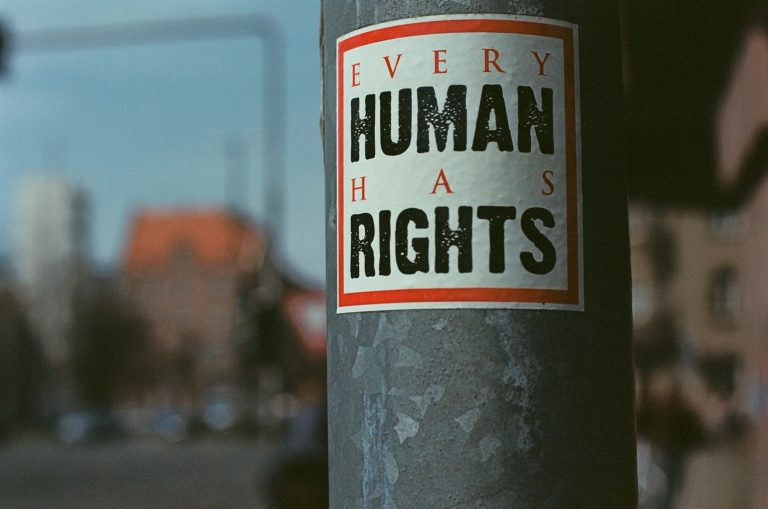Protecting Our Schools: A Handbook
to Address Transphobia in Education
What is the handbook about?
This handbook is a comprehensive guide aimed at helping school boards, staff, and students combat transphobia within educational settings. Crafted by Lawyers Against Transphobia, a coalition of approximately 50 lawyers, teachers, parents, and justice workers, primarily based in British Columbia but also including members from across Canada. Our mission is to address transphobia by advocating within the profession, courts, and media, and by responding to transphobic incidents as they occur.

The Urgency of Action
Recent developments in Saskatchewan and other regions highlight a disturbing trend: the systematic erosion of rights for transgender youth. The Canadian Security Intelligence Service (CSIS) has warned that the ‘anti-gender movement’ poses a significant threat of extreme violence. In the U.S., over 500 transphobic bills have been introduced, with many targeting the rights of transgender children in schools. These actions range from prohibiting parents from supporting their transgender children’s transitions to banning transgender athletes from participating in sports according to their gender identity.
The Impact on Transgender Youth
Transgender children and youth are among the most vulnerable populations in our schools. Studies have shown that transgender adolescents face a significantly higher risk of suicidal ideation and attempts compared to their peers. Support from parents, teachers, and peers can dramatically reduce these risks. However, discrimination, harassment, and lack of support can exacerbate their distress.
Legal Protections and Responsibilities
It is the legal duty of school boards and schools to protect transgender students (and teachers) from discrimination and bullying. Since 2016, the Ministry of Education in British Columbia has required school boards to include sexual orientation and gender identity (SOGI) in their codes of conduct.
Responding to Transphobic Attacks
Transphobia in schools can manifest in various forms, including picketing, disrupting school board meetings, harassing teachers and trustees, and spreading misinformation. This handbook provides strategies and legal responses to address these attacks, ensuring that school boards can operate without disruption and protect their staff and students.
Tools for School Boards and Trustees
Key legal tools include:
- Human Rights Complaints: Filing complaints under the B.C. Human Rights Code for harmful speech or actions.
- Criminal Charges: Pursuing hate speech charges under the Criminal Code.
- Defamation Suits: Suing for defamation when public statements harm the reputation of trustees or staff.
Managing Disruptions
Implementing strong policies and procedures can help manage and control school board meetings. Examples include:
- Requiring advance submission of public questions and presentations.
- Expelling individuals who disrupt meetings or engage in improper conduct.
- Using no trespass orders to bar individuals from school property.
Supporting Trustees
Trustees who are targeted by transphobic actions have several avenues for support, including requesting board action to exclude harassers from meetings and seeking legal recourse for defamation or human rights violations. School boards can also pass bylaws to indemnify trustees for legal expenses incurred in defending against transphobic attacks.
Summary
This handbook aims to empower all members of the educational community—school boards, principals, teachers, staff, students, and parents—with the knowledge and tools needed to combat transphobia. By working together and utilizing the legal protections available, we can create a safer and more inclusive environment for everyone in our schools.
